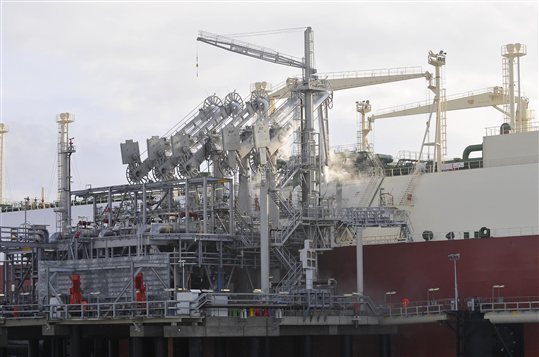
The fall in the Russian rouble has accelerated amid a new decline in the price of the country’s oil exports.
The currency was down more than 4% in afternoon trading in Moscow, at around 66 roubles per dollar. The rouble hit a record low of 80 per dollar in mid-December before a slight recovery, but has been falling steadily since the start of the year.
The sale of oil is Russia’s main revenue earner, so the months-long slump in energy markets has weighed on the country’s economic outlook and markets. The price of Brent crude has plunged from 115 dollars a barrel in June to around $47.
Western sanctions over Russia’s involvement in the conflict in Ukraine have also hurt the country’s markets, with the currency’s fall among the more striking developments. Last year, the rouble was the world’s worst performing currency along with the Ukrainian hryvnia.
Russia’s central bank has tried to shore up the rouble by sharply raising its key interest rate. Higher rates tend to support a currency by enticing foreign investors with higher returns.
It has intervened outright in currency reserves, by selling foreign currencies and buying the rouble. Its foreign currency reserves have dropped below 400 billion dollars for the first time since August 2009.
The central bank has also offered dollar and euro loans to banks so they can help companies that need foreign currencies to finance operations. The move is intended to help cushion the impact of Western sanctions that locked many Russian companies out of global capital markets.
In another attempt to support the ailing currency, the government encouraged major exporters to more regularly sell their earnings of foreign currencies to help meet market demand.
Despite all these measures, investors remain concerned about the impact of slumping oil prices. Russia’s economy is expected to contract by more than 4% this year if oil prices remain at their current level.
President Vladimir Putin said last month that Russia would overcome the current crisis in no more than two years, but so far he has not offered any specific plan for an economic restructuring that would ease the nation’s heavy reliance on oil and gas revenues.
Recommended for you
